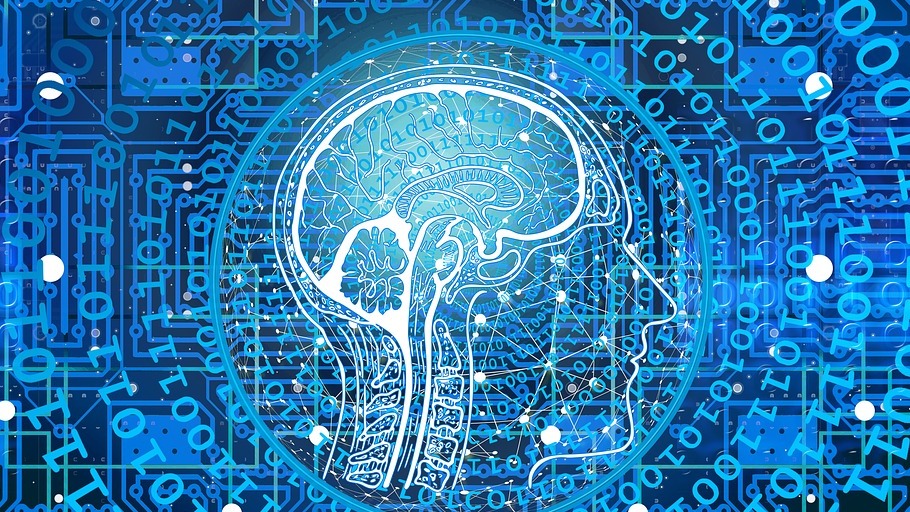Art created by Artificial Intelligence (AI) cannot be copyrighted, a US judge has ruled.
The judge’s opinion comes in line with the United States Copyright Office, which faced a lawsuit from Stephen Thaler, founder and chief executive of AI company Imagination Engines after he attempted to register a copyright for visual art he claimed was solely created by a computer program called the “Creativity Machine” and was twice denied.
The Copyright Office denied his copyright applications because the work “lacked human authorship”, which it deemed a “prerequisite” for a valid copyright issue.
Thaler went on to file the lawsuit at the US court for the District of Columbia against the United States Copyright Office and Shira Perlmutter, register of copyrights and director of the United States Copyright Office, claiming the copyright denial was “arbitrary, capricious” and an “abuse of discretion not in accordance with the law”.
The court register concluded “this particular work will not support a claim to copyright” because the work lacked human authorship and thus no copyright existed in the first instance.
While this particular copyright claim failed in court, Shutterstock recently announced it would begin offering its customers full indemnification for the license and use of generative AI images on its platform.
Shutterstock general counsel John Latham said at the time: “We’re at an inflection point in the use of generative AI technology as business professionals are seeking more assurance around their rights to legally use AI-generated content, and creators of original content want to ensure their work is fairly licensed for use.”
Latest News
-
50% of firms will rehire staff laid off due to AI by 2027, predicts Gartner
-
MedTech data should represent entire population when training AI, says Department of Health director
-
French prosecutors raid X's Paris office in cybercrime investigation targeting Musk
-
ICO launches investigation into X’s Grok after reports of harmful sexualised imagery
-
OpenAI seeks chip alternatives as Nvidia's $100bn investment stalls over performance concerns
-
SpaceX acquires xAI in $1.25tn merger ahead of planned stock market flotation
The future-ready CFO: Driving strategic growth and innovation
This National Technology News webinar sponsored by Sage will explore how CFOs can leverage their unique blend of financial acumen, technological savvy, and strategic mindset to foster cross-functional collaboration and shape overall company direction. Attendees will gain insights into breaking down operational silos, aligning goals across departments like IT, operations, HR, and marketing, and utilising technology to enable real-time data sharing and visibility.
The corporate roadmap to payment excellence: Keeping pace with emerging trends to maximise growth opportunities
In today's rapidly evolving finance and accounting landscape, one of the biggest challenges organisations face is attracting and retaining top talent. As automation and AI revolutionise the profession, finance teams require new skillsets centred on analysis, collaboration, and strategic thinking to drive sustainable competitive advantage.
© 2019 Perspective Publishing Privacy & Cookies









Recent Stories